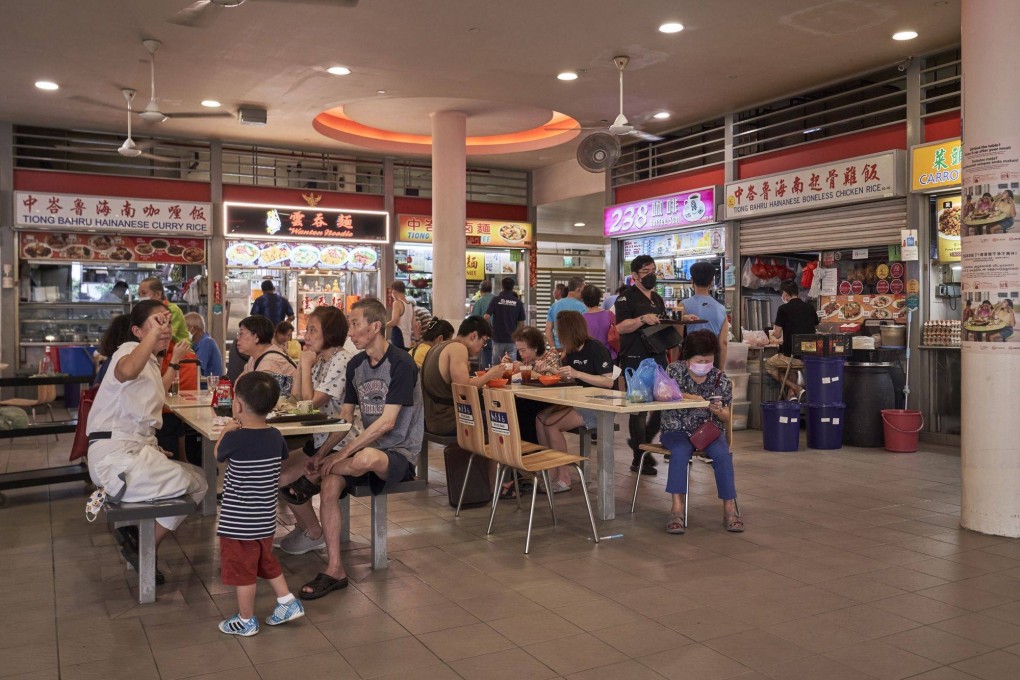Singapore hawkers feel the sting of rising prices, ‘no thanks to Russia’
- Common ingredients such as cooking oil, chicken and eggs have all jumped in price thanks to Covid-19, the supply-chain crisis and the war in Ukraine
- Many of Singapore’s hawkers have been forced to up their prices, especially hurting those on lower incomes for whom such food is a necessity

In December, he had to do something he hadn’t done in three years: raise his prices.
Lie now charges an extra 50 Singapore cents (36 US cents) per bowl. It may not sound like much, but for the mostly elderly, lower-income customers he serves, every cent counts.

“I know some of my customers will grumble about it, but I may have to shut down my business if I don’t raise prices. All of my ingredients have become too expensive,” he said.
Lie runs a stall at Singapore’s Chinatown Complex Market & Food Centre, the largest of more than 100 hawker centre – open-air food courts that sell a variety of cuisines at affordable prices – in the country. But while a S$5 (US$3.60) meal is a delicious novelty for tourists and an appealingly cheap alternative for some locals, for others, it’s a necessity. Hawker stalls are staples for lower-income individuals who can sometimes live off as little as S$5 a day, and for this segment of the population, a 50 cent price increase amounts to a big difference.
For the 65-year-old Lie, he said the cost of almonds alone, which he uses to make his sweet-almond paste, has more than doubled since November last year – going from S$7 per kilogram to S$14.50
